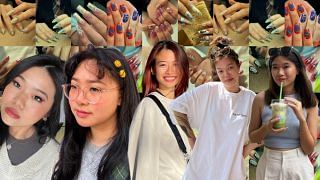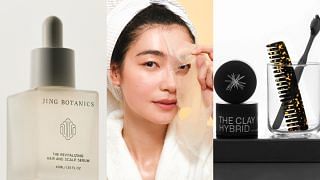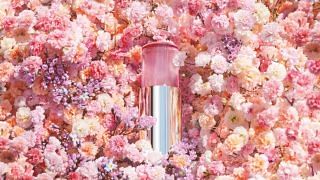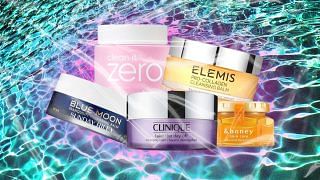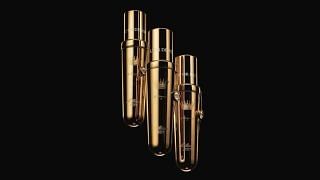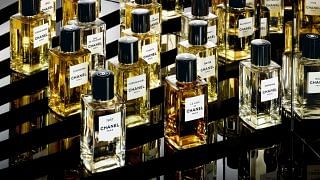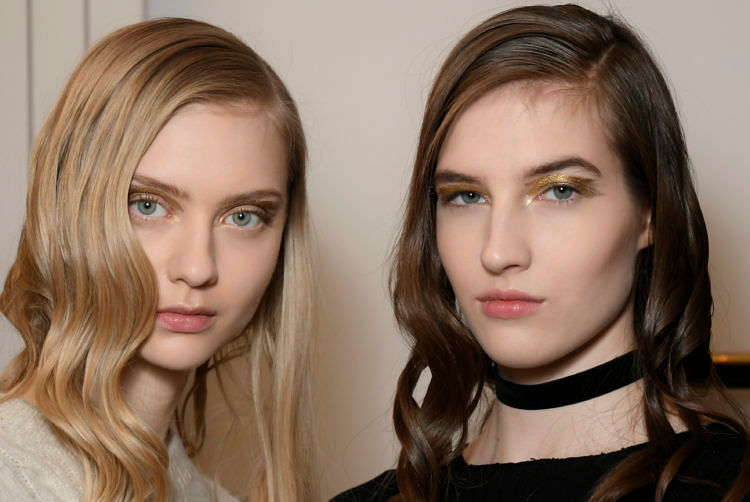
Sagging Skin
As we age, our skin starts to sag due to the gravitational pull on our skin and the breakdown of collagen and elastin, both of which keeps our skin firm. Factors such as sun exposure and pollution also aggravate the problem as they weaken our skin cells, making them unable to rebound from the gravitational pull. With this loss in skin firmness, our face contours and jaw line start to lose definition.
This problem is even more prominent in Asians as we tend to have more generous fat compartments in the face and a thicker skin dermis, which can cause the appearance of a double chin or sagging cheeks due to inadequate tissue support of the lower face.
One way to fight the sag is to use skincare with retinoids, as they can help to stimulate the production of elastin and collagen to boost skin elasticity and firmness. Also, try to avoid the sun as harmful UV rays can quicken the breakdown of elastin and collagen.
Enlarged Pores
It’s often thought that enlarged pores are a problem that only people with oily skin suffer from, however, the process of ageing is actually one of the biggest factors that cause pores to enlarge.
There are two main reasons why pores expand as we get older. The primary cause is a loss in elasticity, which results in the walls of our pores becoming less taut and loosening, resulting in a gape. The second reason is a slowing down of cell turnover. When this happens, our dead skin cells begin to accumulate on the surface, which results in clogs that stretch out pores.
So what’s a girl – or guy – got to do? One simple way to treat this is through cleansing. When skin is cleansed regularly, it reduces the build-up of oil and prevents pores from expanding due to clogging. Also, when pores are clean, they appear less obvious. However, be careful to not cleanse excessively as this can cause the undesired result of an increase in oil production. Other items like toners and astringents can also help them appear smaller. However, the effect is mainly temporarily and constant use is required.
Dark Circles, Crows Feet and Eyebags
The skin around your eyes is 10 times thinner than the rest of your face, making it the first place to show signs of ageing. Our eye contours are also constantly moving. Blinking alone consists of about 10,000 movements a day, while other facial expressions such as squinting and smiling also affect the eye area and can cause fine lines or crows feet.
The skin around our eyes tends to be drier than the rest of our skin because its tissues have fewer oil glands, which makes it more vulnerable to pollution, UV exposure and free radical damage. And to make matters worse, we often unknowingly rub and tug our eye area when we apply and remove eye makeup, which causes the skin to lose its elasticity and sag faster.
To ensure that the skin around your eyes stays healthy and youthful looking, it’s important to use an eye cream instead of simply spreading on your moisturiser under your eye area, which might not be equipped to treat such delicate skin. Also, try to sleep on your back to avoid your skin getting tugged or pulled by your pillow case.
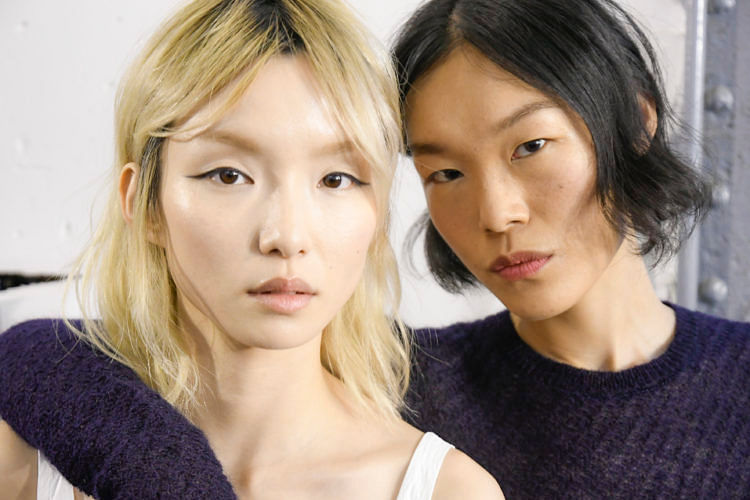
Fine Lines and Wrinkles
As you get older, your cell turnover starts to slow down, collagen production declines (about one per cent every year), the amount of proteins that form the support structure of your skin starts to decrease and your complexion becomes drier. Together, it causes the appearance of fine lines and wrinkles.
One of the fastest ways to treat this is to add a good hydrating serum and moisturiser to your regime. When skin has sufficient moisture, it becomes plumper. This, in turn, softens fine lines, as well as makes your complexion appear healthier, more radiant and younger.
Dark Spots
Asian skin is significantly less sensitive to UV damage as compared to Caucasians as Asians tend to have a larger amount of melanin. While melanin protects our skin from the harmful effects of UV rays, they also cause us to be more prone to pigmentation, dark spots and uneven skin tone.
When you are young, regular cell turnover will naturally help to get rid of melanin-laden skin cells to prevent the appearance of persistent dark spots. However, as we get older our cells start to weaken and skin renewal slows down, resulting in the appearance of age spots.
One way to treat pigmentation is to exfoliate regularly with a scrub or glycolic acid peels. They help to remove surface dead skin cells and improve cell turnover so your complexion looks more even-toned. For more long term effects, use vitamin C skincare as they can help to fade spots over time.
But if treating individual issues are a hassle, one fuss-free way to combat ageing is to add a health supplement to your diet. Our cells are actually equipped with natural defences to fight the effects of ageing. However, as we get older these defences start to weaken, which accelerates ageing.
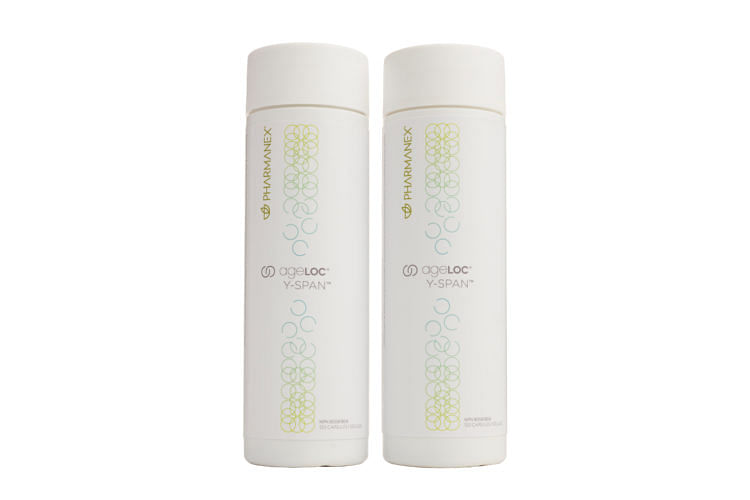
Nu Skin’s ageLOC Y-Span is an anti-ageing supplement that works to strengthen key groups of genes that control our body’s ageing defences. It has an innovative blend of powerful nutrients to revitalise and support cells protective and repairing functions. It also improves skin’s barrier function to give you an overall healthier and more youthful looking complexion.
As an extra benefit, ageLOC Y-Span supplements is said to help promote a sense of well being, enhance your memory, improve circulation and metabolism, support bone health and boost immunity. To find out more about ageLOC anti-aging supplements, check out Nu Skin Singapore website.



